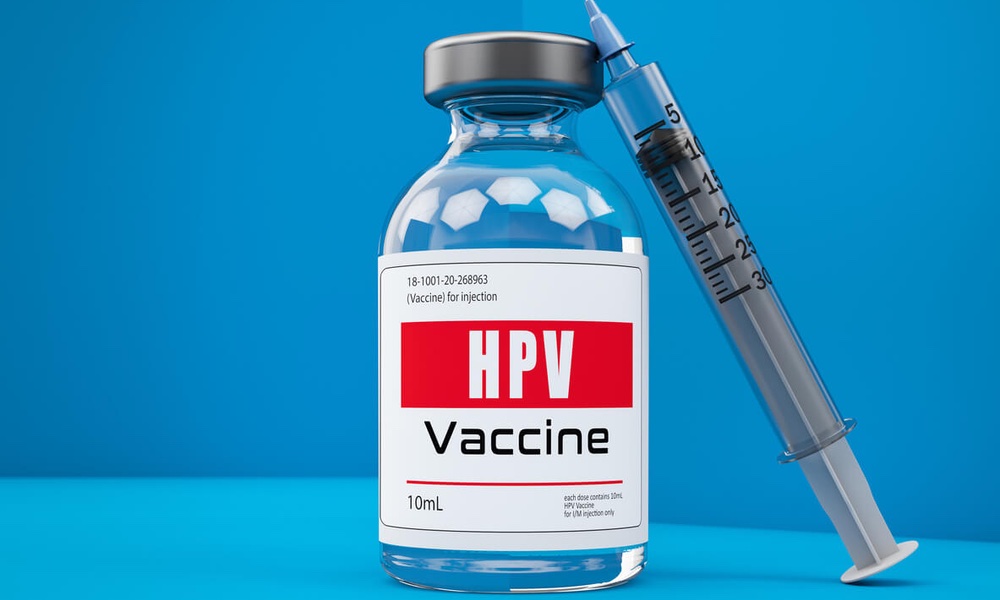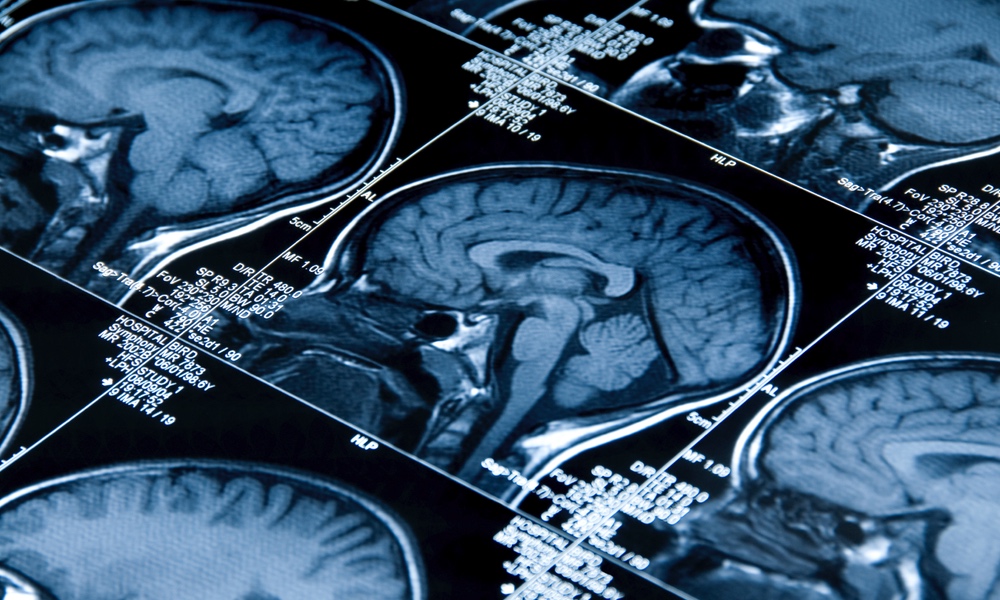Offering what TheDoctor's nutrition expert, Dr. Robert M. Russell, calls "an interesting possibility for a mechanism whereby vitamin C may act as an anticancer agent," and citing data from experiments using rats, Cornell Professor C.Y. Lee and his fellow authors make the case that vitamin C slows down the growth of cancerous tumors by blocking the effects of the hydrogen peroxide on communication between cells. Hydrogen peroxide is known to promote tumor growth by interfering with this communication.
However, Dr. Russell, Professor of Medicine and Nutrition at Tufts University School of Medicine and Director of the Jean Mayer USDA Human Nutrition Research Center on Aging, doubts that vitamin C is the only nutrient that has the capability of increasing communication between cells. "This mechanism is not particularly new or unique," he says, "and has been seen with carotenes (found in carrots and other yellow vegetables) and other nutrients as well. It is likely that many nutrients act by different mechanisms and in concert with one another to prevent cancer."
As if to underline this point, Dr. Lee's report also cites evidence that quercetin, a phytochemical found in apples, prevents cancer even more effectively than vitamin C. Phytochemicals, including flavanoids and polyphenols, are dietary plant chemicals that help prevent disease.
"Vitamin C has been considered one of the most important essential nutrients in our diet since the discovery in 1907 that it prevents scurvy," says Lee. "In addition, vitamin C has several important functions in our body for the synthesis of amino acids and collagen, wound healing, metabolism of iron, lipids and cholesterol and others. In particular, vitamin C is a well known antioxidant that scavenges free radicals." An antioxidant is a chemical that reduces or prevents oxidation, thus preventing cell and tissue damage from free radicals within the body.
"The most powerful weapon we have in the fight against cancer is prevention," concludes Lee. "A diet rich in phytochemicals and vitamin C will reduce the risk of cancer. These phytochemicals and nutrients are most readily available in fresh fruits and vegetables." The report was published in the January 12, 2002 issue of the British medical journal The Lancet.
While cautioning that "there are no magic, single nutrition bullets," Dr. Russell, agrees "that the best evidence to date is that the phytochemicals (vitamin C, carotenes, and others) contained in fruits and vegetables do, indeed, act against cancer."
Reviewed by: Robert M. Russell, M.D.




